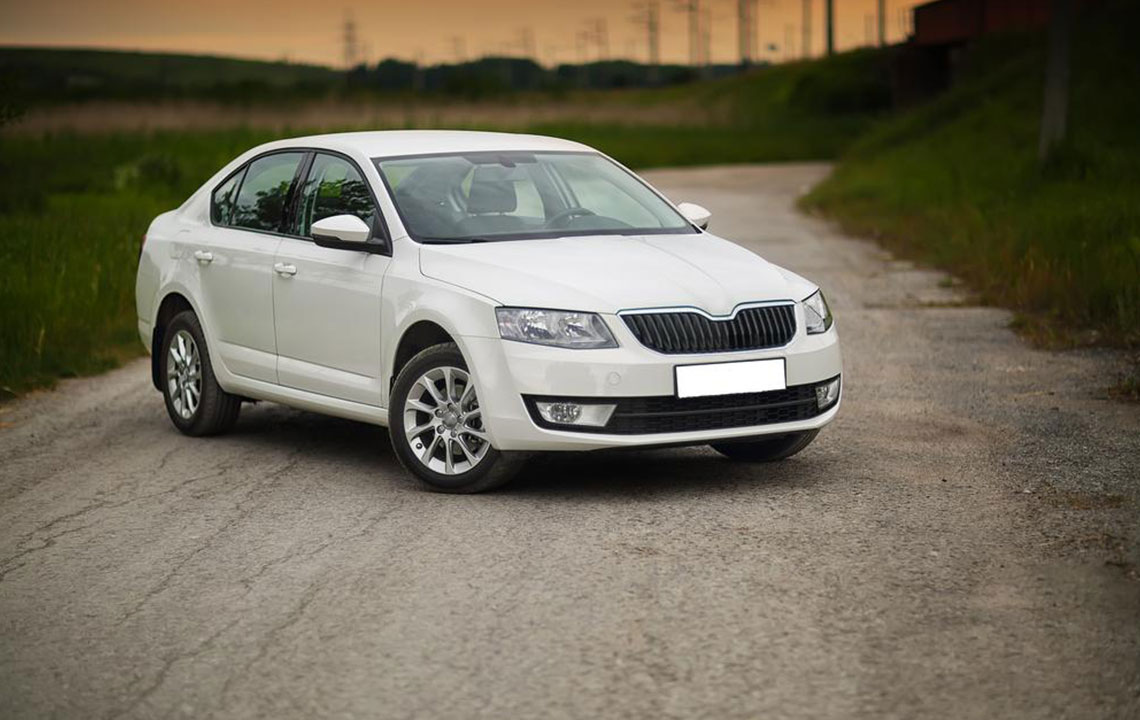Buyer’s technical checklist for used BMWs
Buying a used BMW almost always strikes fear in the buyer as they are skeptical towards landing up with a car that lacks durability and life. Putting in a smaller investment in a pre-owned BMW does not mean it is failsafe. Here is the checklist that one should keep handy while going for a pre-owned or used BMW.
So what does a buyer have to look for while buying a used or pre-owned BMW?

- Start with the electronics; check out the essentials like the car’s power seats, remote, car windows, audio/infotainment system, climate controls, etc. Primarily, check out all the car controls that are listed in the manual to make sure the car does not have any glitch.
- Checking the face of the car, i.e., the outside body, as well as the inside is crucial. Usually, water damage or corrosion shows up under the car carpet or inner lining, and also on the inside of the trunk.
- Always check the wheels. Not just the tubes but also the rim. There might be almost invisible hair line cracks in alloy rims or a slight blend. Inspect the air holding capacity of the car; this allows the buyer to know for sure whether the car has any significant issues with the tire seating or alignment. Without a proper set of wheels, the car is at risk, and putting on a new set will involve too many additional costs that could be detrimental for the budget.
- Irrespective of whether the car is new or old, ensure that the cars key, in the case of key-insertion ignition, seat well on the holder failing which the car will cease while driving.
- Check thoroughly for coolant or oil leaks, or in cases of roughed up cars check for burnt oil smell underneath the hood.
While the above-listed basics can be easily checked, there are some things that may be invisible to the eye. So always get a second opinion from BMW trained technicians as they will assess the car better and provide a detailed insight of the car’s overall sturdiness. Lastly, take the car for a spin along different types of roads to know about the car’s performance better.